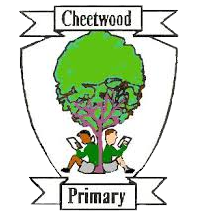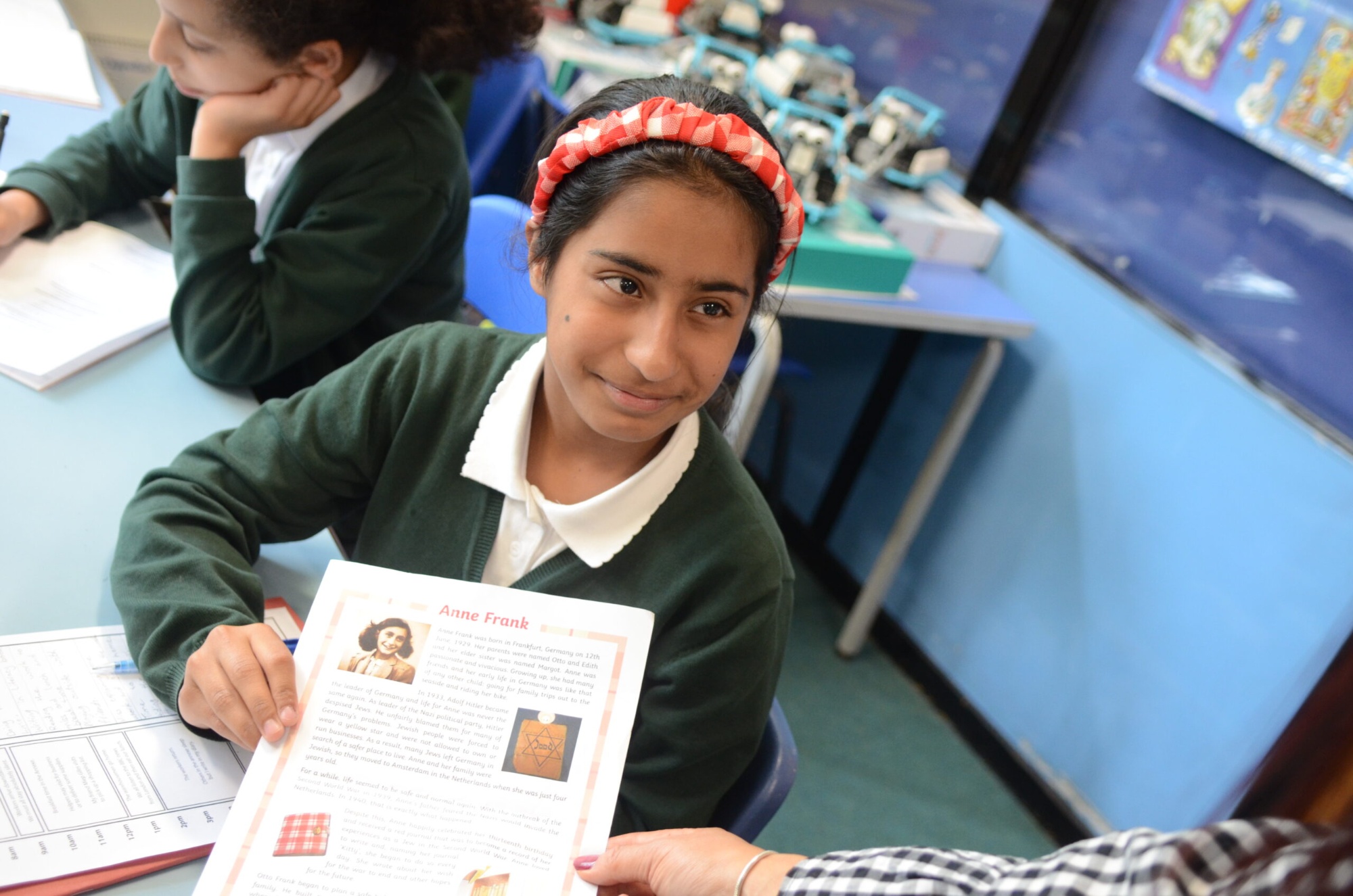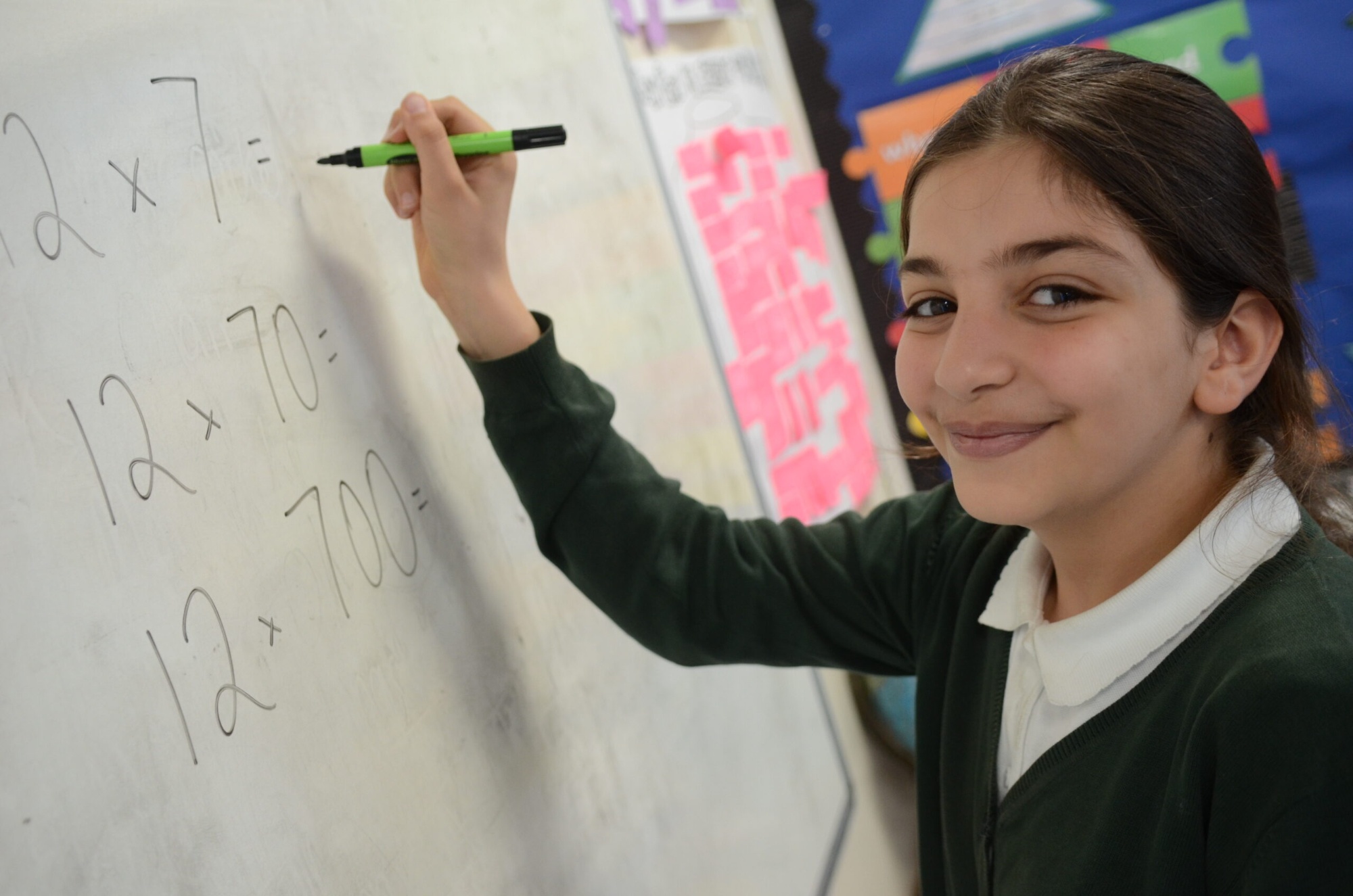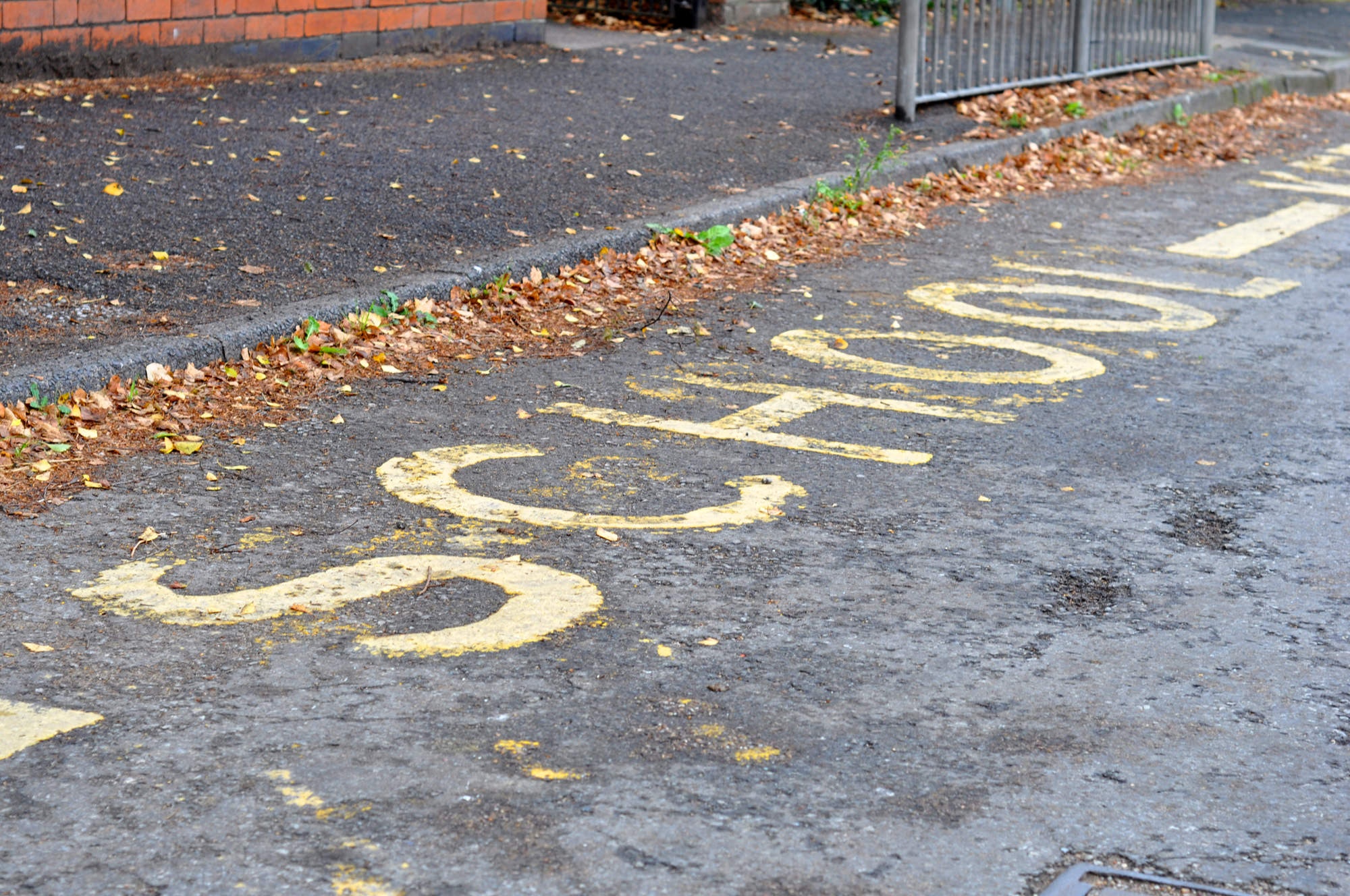Learn together, grow together
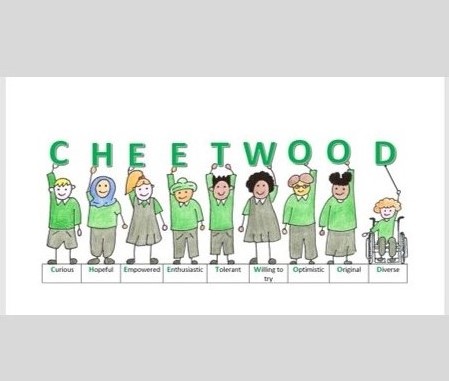
Welcome to Cheetwood Primary, a school at the heart of its community.
I have had the privilege of being Headteacher at the school since I joined the Cheetwood family in September 2024.
At Cheetwood we value each child as an individual. We work with our children and families, each step of the way, to support them on their learning journey. This starts in our early years, when our children take their first steps to becoming confident, resilient and enthusiastic learners and continues throughout the school to support our pupils in taking their place in the wider society as well as achieving their hopes, dreams and aspirations.
Latest Updates
L o a d i n g
Upcoming Events
There are currently no upcoming events.
